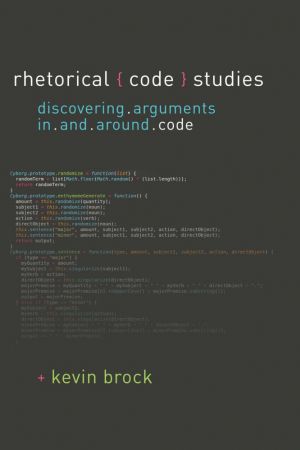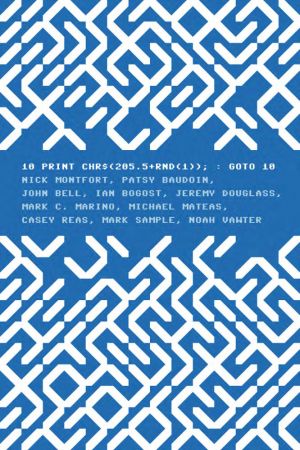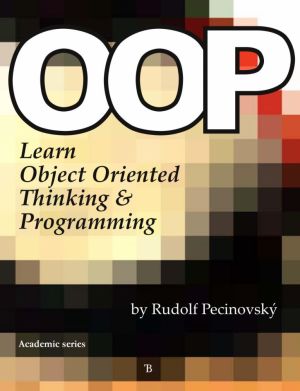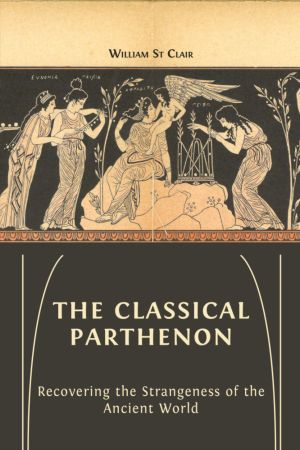Code the Classics
Volume 1
by David Crookes, Andrew Gillett, Liz Upton, Eben Upton, Sean M. Tracey, Dan Malone, Allister Brimble
DescriptionTable of ContentsDetailsHashtagsReport an issue
In the first of two volumes, we remake five classic video games - ranging from Pong to Sensible Soccer, each represents a different genre. We interview the games' original creators and learn from their example, as well as utilise the art and audio engineering skills of two of the 1980s' most prolific games developers for our recreated versions of the games.
- Get game design tips and tricks from the masters;
- Explore the code listings and find out how they work;
- Download and play game examples by Eben Upton;
- Learn how to code your own games with Pygame Zero;
- Read interviews with expert graphics and audio creators. 






Book Description
This stunning 224-page hardback book not only tells the stories of some of the seminal video games of the 1970s and 1980s, but shows you how to create your own games inspired by them using Python and Pygame Zero, following examples programmed by Raspberry Pi founder Eben Upton.In the first of two volumes, we remake five classic video games - ranging from Pong to Sensible Soccer, each represents a different genre. We interview the games' original creators and learn from their example, as well as utilise the art and audio engineering skills of two of the 1980s' most prolific games developers for our recreated versions of the games.
- Get game design tips and tricks from the masters;
- Explore the code listings and find out how they work;
- Download and play game examples by Eben Upton;
- Learn how to code your own games with Pygame Zero;
- Read interviews with expert graphics and audio creators.
This open book is licensed under a Creative Commons License (CC BY-NC-SA). You can download Code the Classics ebook for free in PDF format (37.4 MB).
Table of Contents
Chapter 1
Tennis
Chapter 2
Action Platformer
Chapter 3
Top-down Platformer
Chapter 4
Fixed Shooter
Chapter 5
Football Game
Chapter 6
Setting up
Chapter 7
Interview: Dan Malone
Chapter 8
Interview: Allister Brimble
Book Details
Title
Code the Classics
Subject
Computer Science
Publisher
Raspberry Pi Press
Published
2019
Pages
224
Edition
1
Language
English
ISBN13 Digital
9781912047598
ISBN10 Digital
1912047594
PDF Size
37.4 MB
License

Related Books

Software developers work rhetorically to make meaning through the code they write. In some ways, writing code is like any other form of communication; in others, it proves to be new, exciting, and unique. In Rhetorical Code Studies, Kevin Brock explores how software code serves as meaningful communication through which software developers construct...

This book discusses both the theory and practical applications of self-correcting data, commonly known as error-correcting codes. The applications included demonstrate the importance of these codes in a wide range of everyday technologies, from smartphones to secure communications and transactions. Written in a readily understandable style, the boo...

This book takes a single line of code - the extremely concise BASIC program for the Commodore 64 inscribed in the title - and uses it as a lens through which to consider the phenomenon of creative computing and the way computer programs exist in culture. The authors of this collaboratively written book treat code not as merely functional but as a t...

A Practical Guide to TPM 2.0: Using the Trusted Platform Module in the New Age of Security is a straight-forward primer for developers. It shows security and TPM concepts, demonstrating their use in real applications that the reader can try out.
Simply put, this book is designed to empower and excite the programming community to go out and do co...

You can find a whole range of programming textbooks intended for complete beginners. However, this one is exceptional to certain extent. The whole textbook is designed as a record of the dialogue of the author with his daughter who wants to learn programming. The author endeavors not to explain the Java programming language to the readers, but to t...

Complementing Who Saved the Parthenon? this companion volume sets aside more recent narratives surrounding the Athenian Acropolis, supposedly 'the very symbol of democracy itself', instead asking if we can truly access an ancient past imputed with modern meaning. And, if so, how?
In this book William St Clair presents a reconstructed u...

